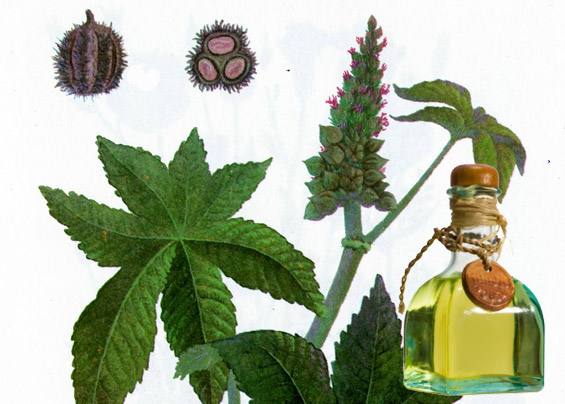Venus Williams announced her withdrawal from the U.S. Open yesterday, citing her recent diagnosis with Sjogren's syndrome, an autoimmune disease that occurs when the immune system attacks the body's own moisture-producing glands.
"I enjoyed playing my first match here, and wish I could continue but right now I am unable to," Williams said in a statement, reported by the Associated Press. "I am thankful I finally have a diagnosis and am now focused on getting better and returning to the court soon."
Williams, 31, a two-time champ of the tennis tournament who had been a headlining competitor there for almost 15 years, said the disease had caused her to lose a lot of energy over the summer, making it difficult to continue on in the competition, the AP reported.
Sjogren's syndrome is much more common in women than in men, with women being nine times more likely to be diagnosed with the condition than men. The disease, which affects 1 to 4 million people in the U.S., most often occurs in people older than age 40, according to government statistics.
The exact cause of the disease is not exactly known, though scientists think it has to do with a combination of genetics and infection with a virus or bacteria. The two hallmark symptoms of Sjogren's syndrome are dry eyes, where it feels like there's sand in them, and dry mouth, where it feels like there's cotton in it, according to the Mayo Clinic. That's because the glands in the eyes and mouth that secrete mucous and moisture are affected first by the disease, which means less production of saliva and tears.
Other common symptoms include dry skin or rashes, dry cough, fatigue, vaginal dryness, joint pain and swollen salivary glands, the Mayo Clinic reported. The disease also often accompanies autoimmune disorders like lupus and rheumatoid arthritis.
"When other organs are involved, the syndrome becomes extraordinarily complex," said Georgetown University Medical Center rheumatologist Dr. Victoria Shanmugam, M.D., who was not involved with Williams' care, in a statement. Sjogren's syndrome can spur a host of other problems, including inflammation of the kidneys, lungs, liver and the lining of the heart.
There's no cure for Sjogren's syndrome -- only ways to control symptoms. Some treatments include drugs that can increase saliva production and medications to relieve arthritis pain. The malaria drug hydroxychloroquine (brand name Plaquenil) could also help to treat the disease, according to the Mayo Clinic. Surgery is also an option to seal the tear ducts that drain the tears in order to relieve dry eye.
Williams joins a list of other notables who have recently revealed their diagnoses with autoimmune disorders. In an episode of "Keeping Up With the Kardashians" that aired earlier this summer, Kim Kardashian was diagnosed with psoriasis, a disorder that causes skin to become red and flaky.
And Grammy Award-winning artist Toni Braxton shared last year that she had lupus, which is the inflammation of the heart, lungs, blood cells and kidneys. Lady Gaga also told Larry King last year that she has tested "borderline positive" for lupus, which means that she doesn't harbor any outside symptoms or signs of the disease, but she has to take care to prevent flare-ups of the disease, ABC News reported.
Source: huffingtonpost.com







